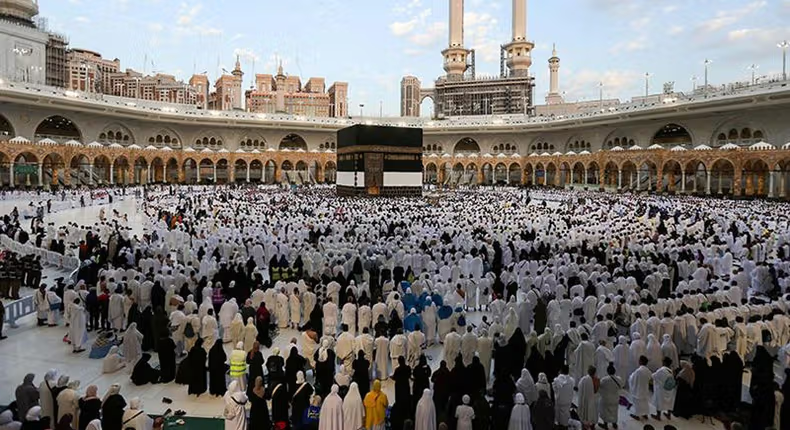The Hajj pilgrimage in Saudi Arabia this year witnessed tragic outcomes as reported by the authorities. Here are the key details:
### Overview:
– **Participants:** More than 1.83 million pilgrims from 23 countries participated in this year’s Hajj pilgrimage.
– **Deaths:** A total of 1,301 deaths were reported during the pilgrimage.
– **Causes of Death:** Most deaths were attributed to heat stroke, exacerbated by extreme temperatures ranging from 46 to 49 degrees Celsius in Mecca.
– **Affected Countries:** The fatalities included significant numbers from Egypt (over 660), Indonesia (165), India (98), and several from Jordan, Tunisia, Morocco, Algeria, and Malaysia.
### Details:
– **Identification Issues:** Identification of the deceased was delayed due to many pilgrims lacking proper identification documents.
– **Unauthorized Pilgrims:** A substantial number of deaths (83% of the total) were among pilgrims who lacked permission from Saudi authorities and traveled long distances on foot to participate in the rituals.
– **Egyptian Response:** Egypt took action by revoking licenses of 16 travel agencies that facilitated unauthorized pilgrims.
– **Medical Response:** Currently, 95 pilgrims remain hospitalized, with some airlifted to Riyadh for treatment.
### Context:
– **Historical Context:** Over the past 30 years, various incidents during Hajj, including stampedes and fires, have resulted in thousands of deaths. The deadliest event was in 2015, with approximately 2,400 fatalities.
– **Challenges:** The extreme heat, lack of adequate accommodation, and logistical challenges have historically posed risks during the pilgrimage.
– **Significance of Hajj:** Hajj is a fundamental pillar of Islam, obligatory for financially and physically capable Muslims, emphasizing pilgrimage to Mecca as a key religious duty.
### Conclusion:
Despite efforts to manage the annual pilgrimage, the challenges posed by extreme weather conditions and logistical complexities continue to impact the safety and well-being of pilgrims. The tragic loss of lives underscores ongoing efforts needed to ensure safer conditions for future Hajj pilgrimages.
This year’s events highlight the profound significance and challenges associated with one of the largest religious gatherings in the world, necessitating continued attention to safety measures and logistical planning.
